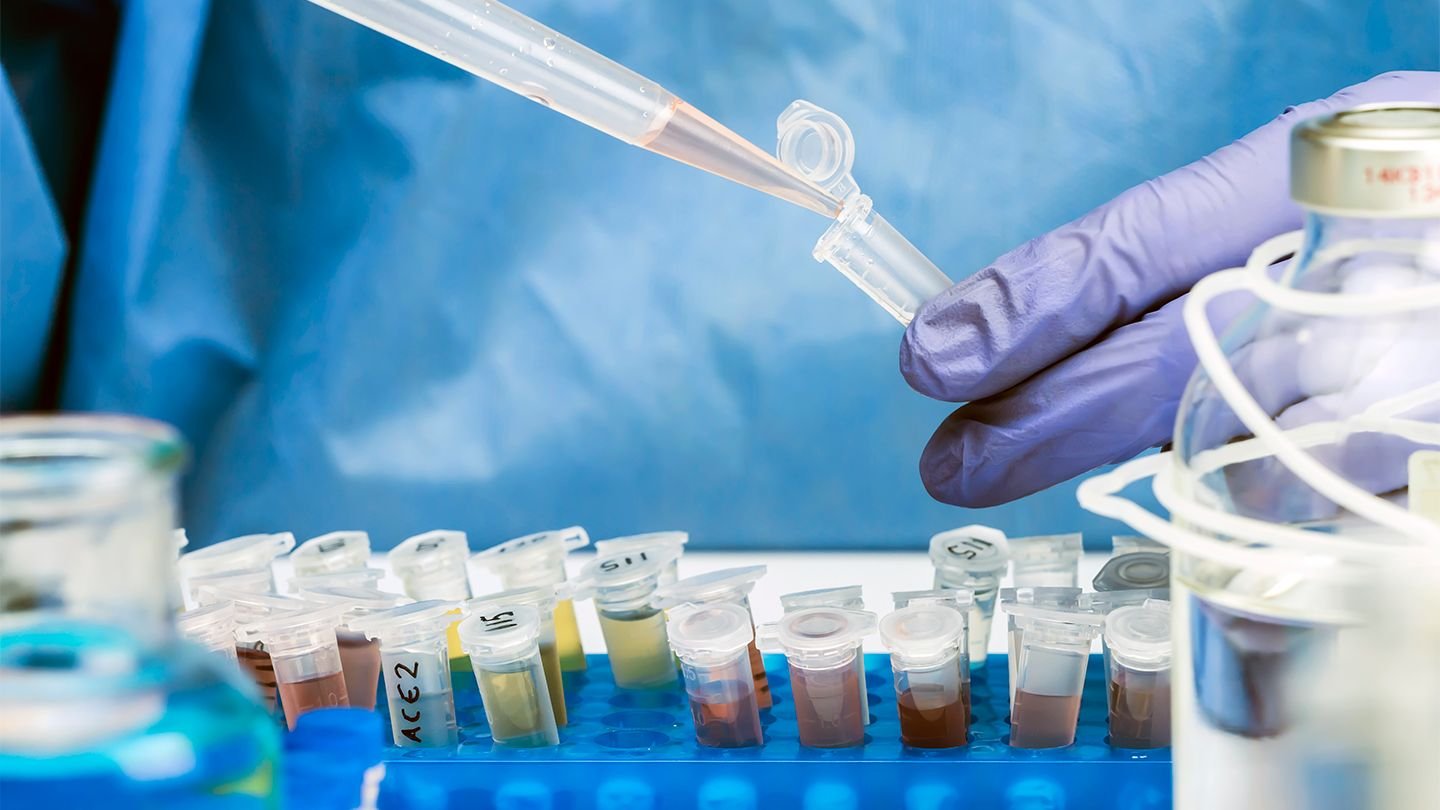New preventative medicine for RSV in the midst of a "tripledemic"
A study funded by AstraZeneca has developed a new preventative medicine "Nirsevimab" that significantly decreases RSV infection rates.
Respiratory syncytial virus (RSV) is an airborne virus that can cause respiratory tract infections. Common symptoms of RSV include sore throat, dry cough, runny nose, and fever. The elderly and children are more susceptible to RSV, which is the leading cause of hospitalizations for infants.
Nirsevimab is a monoclonal antibody to the RSV fusion protein that works to block viral entry by binding together 2 subunits of the RSV fusion protein. Since the 2 subunits are bonded together, there is no path for the RSV virus to enter the host cell.
Nirsevimab is administered via a one-time needle injection.
Published in the New England Journal of Science in March 2022, a research study investigated the RSV infection rates and severity of symptoms of 1490 infants who were either administered the Nirsevimab medicine or a control.
The research study found that 1.2% of the Nirsevimab group tested positive for RSV, while RSV occurred in 5.0% of the control group. Furthermore, hospitalization was required for 0.6% of the Nirsevimab group in comparison to 1.6% of the control group.
While Nirsevimab has been approved for use in Europe by the European Commission, it is still pending approval in the United States.
“With this endorsement, we are one step closer to achieving our goal of protecting all infants against RSV with a single dose,” said Jean-François Toussaint, Global Head of Research and Development Vaccines at Sanofi.
Nirsevimab’s prevention of RSV is needed today more than ever, as RSV, COVID-19, and Flu infection rates are rising steadily and coinciding in a “tripledemic”.
“As of today, we are seeing equal numbers of Covid, flu and RSV and that’s really concerning because we are very early for flu and RSV activity,” said Dr. Diego Hijano, pediatric infectious disease specialist at St. Jude Children’s Research Hospital.
This winter, RSV and Flu infection rates are increasing and earlier than expected. Hospitals and their staff are feeling the effects of these 3 viruses surging at the same time.
"Intensive care units are at or above capacity in every children's hospital in the United States right now," said Amy Knight, president of the Children's Hospital Association.
With approval from the European Commission, there is hope that Nirsevimab can help counteract this issue.
“Today’s positive Committee for Medicinal Products for Human Use (CHMP) opinion is one of the most significant public health achievements in RSV in decades,” Toussaint said. “It has the potential to alleviate the enormous physical and emotional burden that RSV can place on families and healthcare systems.”

